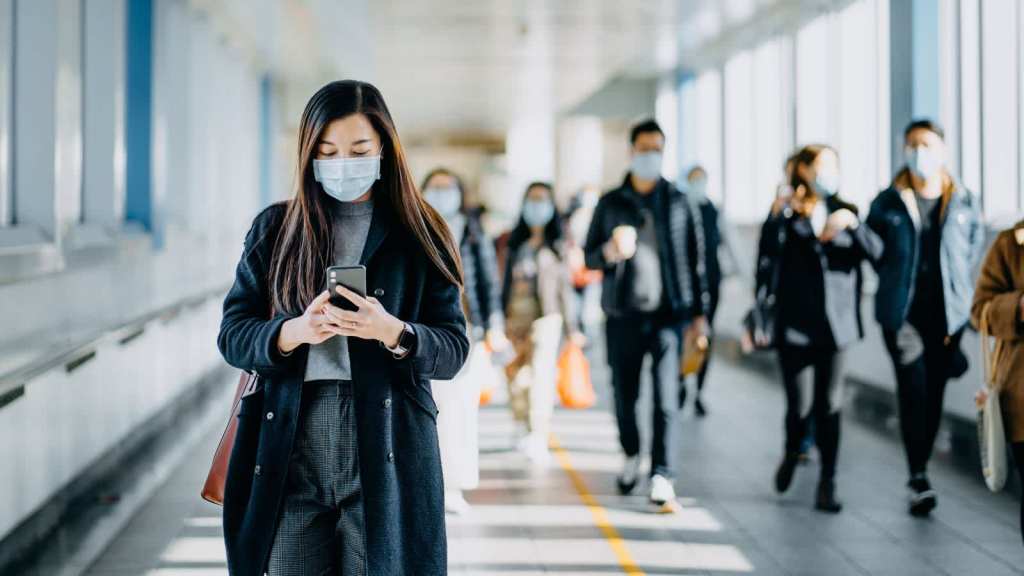Over the past week, we’ve seen mask restrictions lift in some of the few remaining places in Australia. Qantas confirmed they would be lifting mask requirements on some services while airports around the country are also set to make mask-wearing optional.
While it might feel like the pandemic is very much over, Australia still has very high numbers of the disease. Last week we were sitting on just shy of a quarter of a million active COVID cases, while we are far outstripping almost every other country in terms of cases per 100,000 people.
Just today, a young boy in South Australia tragically died from the virus which should be an indicator to everyone that we need to continue taking precautions, even as we go about returning to normal.
This is why one health expert has today claimed that hundreds of lives could be saved, and tens of thousands of COVID infections avoided if more people wore masks in high-risk settings.
Professor Margaret Hellard, Deputy Director of the Burnet Institute, is urging Aussies not to give up entirely on simple measures like social distancing and mask-wearing to continue to limit the spread of the disease.
“We all do have some ability to change things still,” she has said, noting that previous measures worked well and that the impacts of them were often invisible to the general public.
“This notion of ‘they would have died anyway’ [is wrong],” she said.
“[People] didn’t [die], because they were saved right there and then. They were at Christmas lunch. They were at New Year and they are probably at the shops right now. We will never know who they were, because they didn’t die.”
The Burnet Insitute was key in modelling the transmission and spread of COVID for the NSW and Victorian governments, information that was then used to make key health decisions.
While maintaining social distancing and mask-wearing where possible is the official line of most state governments and health institutions, it’s clear that most people are pretty done with the COVID-era regulations.
Some health experts do agree that those who are susceptible to the virus, and have so far been protected, will have to catch the disease sooner or later and are currently in the best position possible, given the widespread vaccine uptake.
Associate Professor James Trauer, head of Monash University’s epidemiological modelling unit, has said: “if we slow transmission now, we reduce the daily number of deaths that occur. But we are largely deferring those deaths because most of those people will get exposed in the next couple of years.”
However, this doesn’t align with Hellard’s modelling, which shows that cutting transmission by even 10% could save roughly 200-300 people in Victoria alone this year. Reducing the spread by 20% would see 2000 people saved across the country.
While it’s not just mask-wearing that reduces transmission — increasing ventilation in offices, for example, would also be a big help — it’s a small act that we can all do to add to the number of lives we’re potentially saving.
Australia has been praised around the world for the way we dealt with the pandemic, at least in the early stages. Our health policies likely saved thousands of lives and this was because we all worked together and obeyed them. Although most of those rules have now been done away with, the principles still stand: if you can protect others while causing only minor inconvenience to yourself, it’s absolutely a trade-off worth making.
Read more stories from The Latch and subscribe to our email newsletter.







